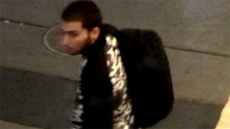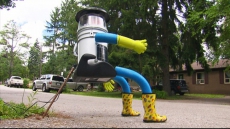OTTAWA - Some facts about the robocalls controversy:
— The Commissioner of Canada Elections received more than 40,000 general communications and complaints about robocalls after the 2011 federal election. Most were from people who said they had not actually received an inappropriate call, but wished to express concern that these kinds of calls had taken place.
— On polling day, May 2, 2011, hundreds of calls purporting to be from Elections Canada and giving erroneous poll information were made in the riding of Guelph. Investigators linked the calls to a pay-as-you-go cell phone belonging to a non-existent subscriber, identified only as "Pierre Poutine."
— Most of the complaints to the commissioner came after news stories were published about the robocalls investigation.
— People from seven ridings went to Federal Court asking that the election results in those constituencies be overturned because of robocalls. One case was dropped, six proceeded.
— A Federal Court judge eventually concluded that fraud was a factor in the robocalls, and that the Conservative party database known as the Constituency Information Management System, or CIMS, was likely the source of the contact information used, but said that was not enough to overturn the election results.
— One person, former Conservative staffer Michael Sona, was charged with having wilfully prevented or endeavoured to prevent an elector from voting in connection with the Guelph robocalls. Sona was found guilty Thursday, and will be sentenced in October.
Quote: "Anyone who engages in this kind of conduct, where there's evidence that they endeavoured to prevent electors from voting, I think based on what took place in court today and what you've seen us do in relation to this case, I would expect they would be prosecuted." — Crown prosecutor Croft Michaelson after the Sona verdict was delivered.





